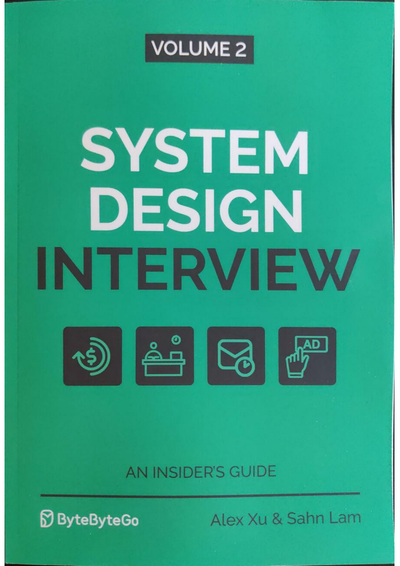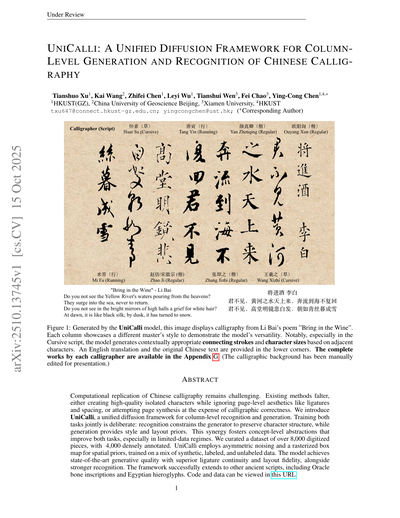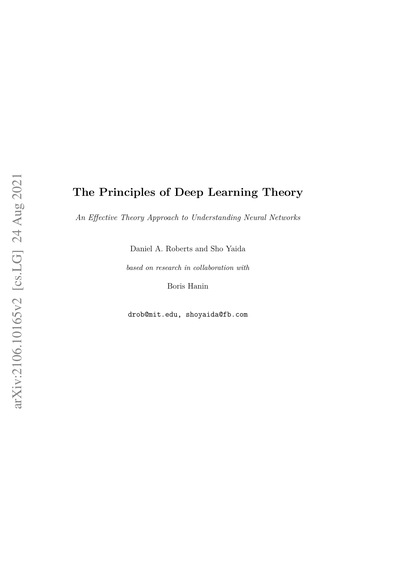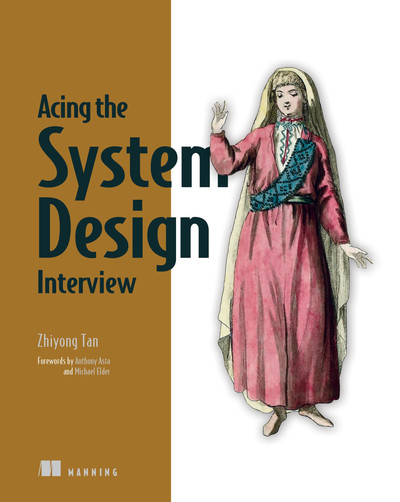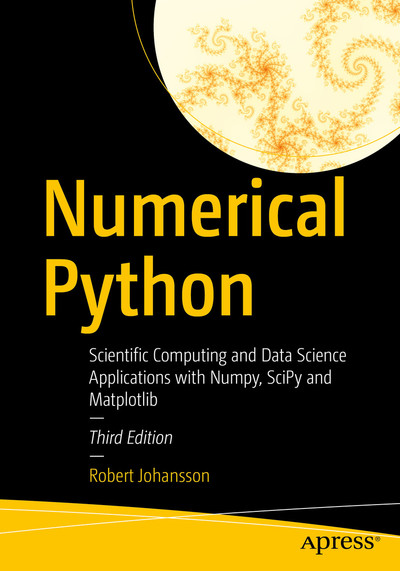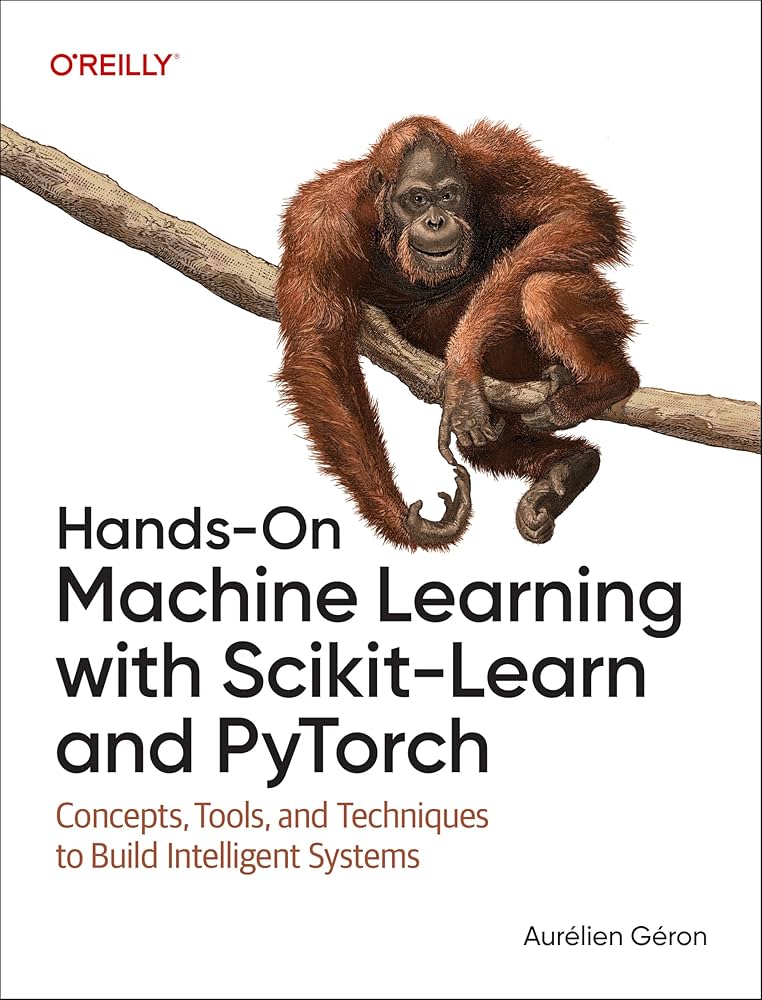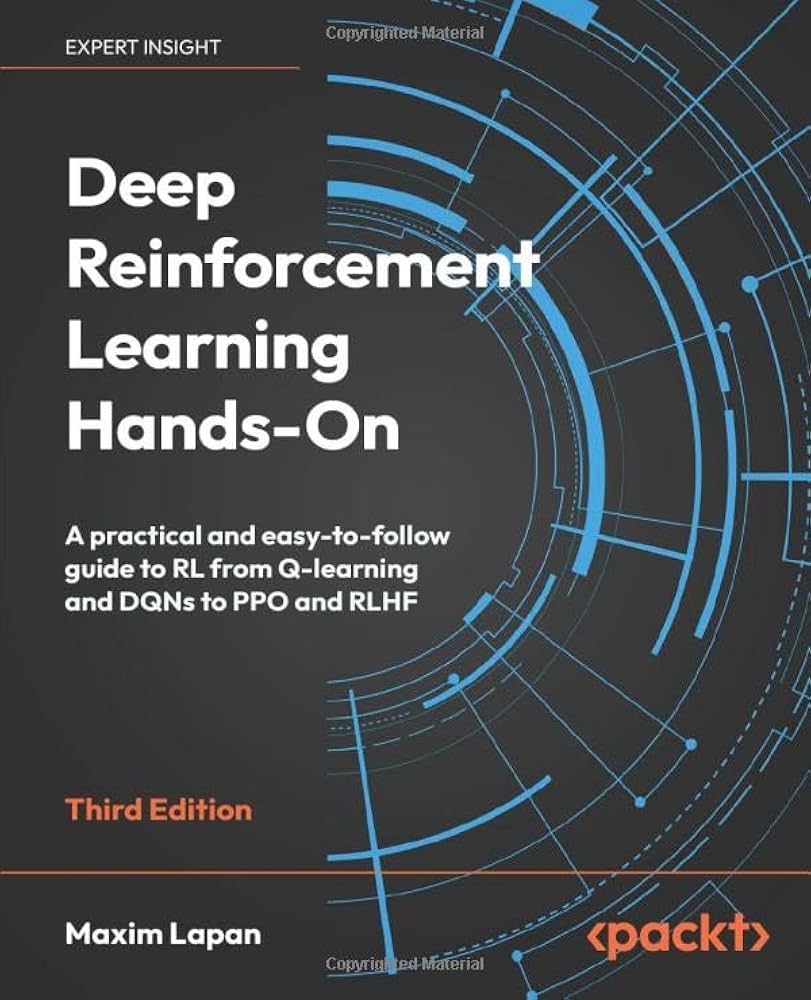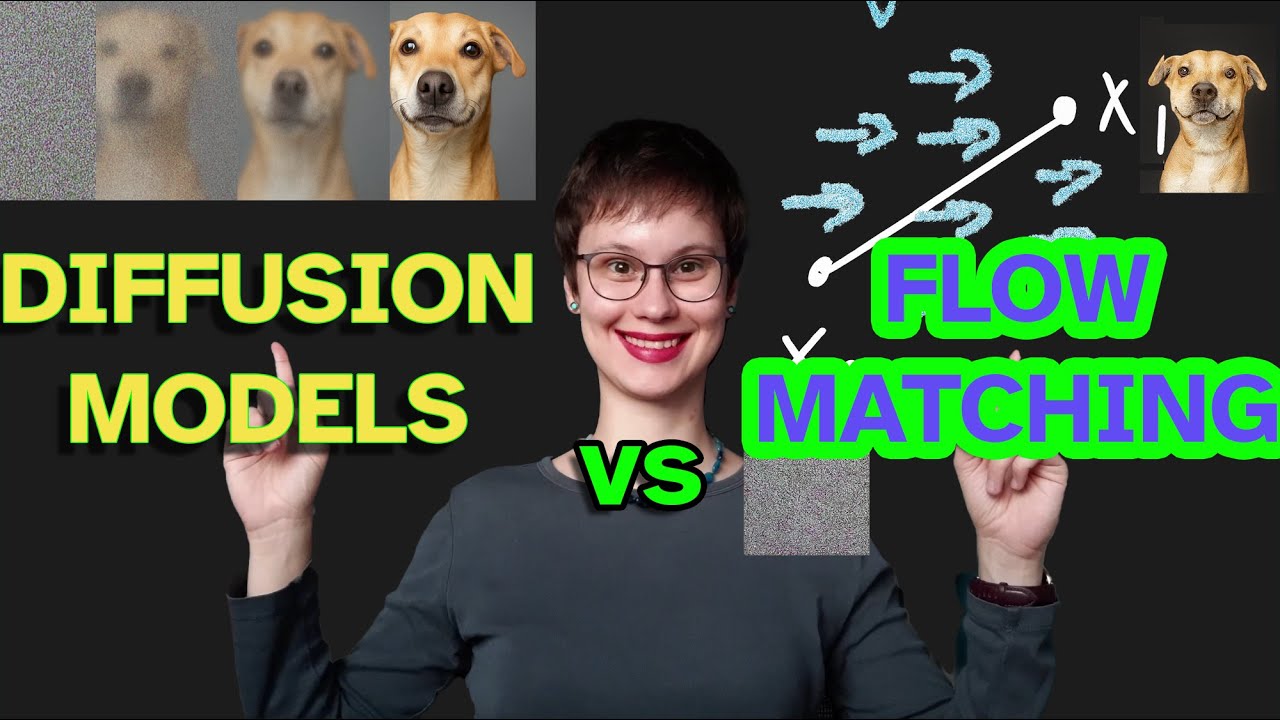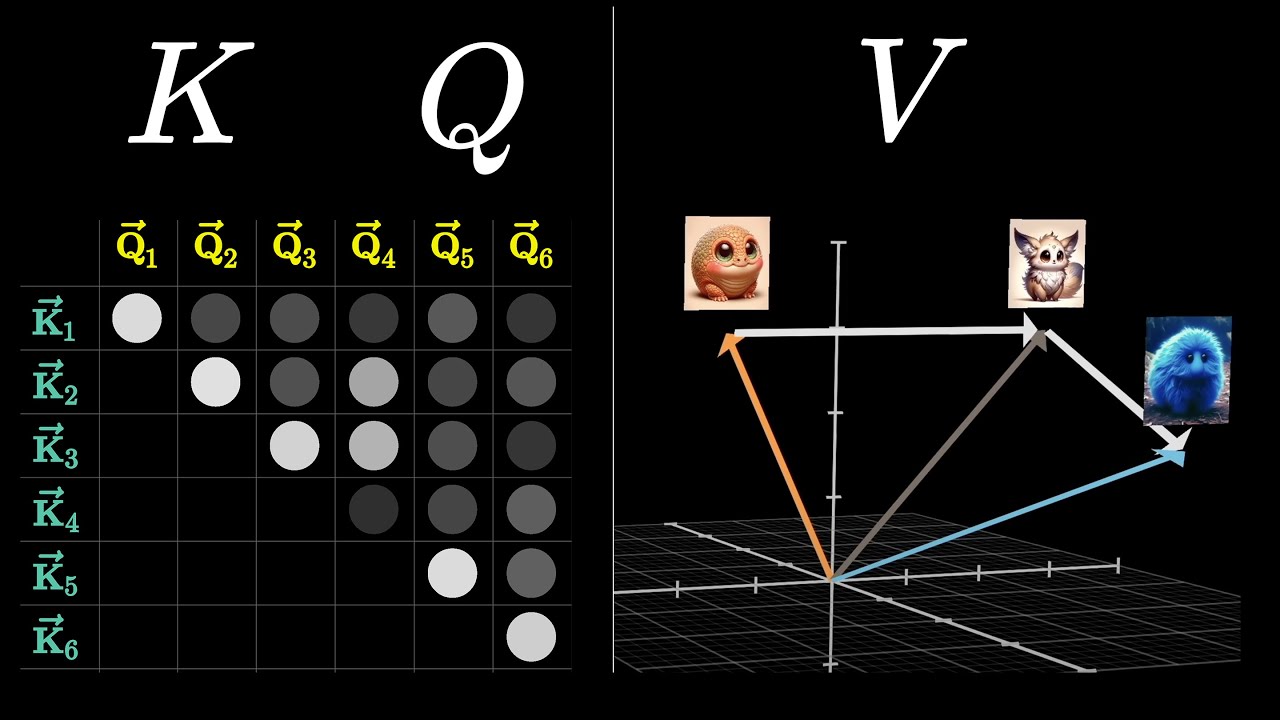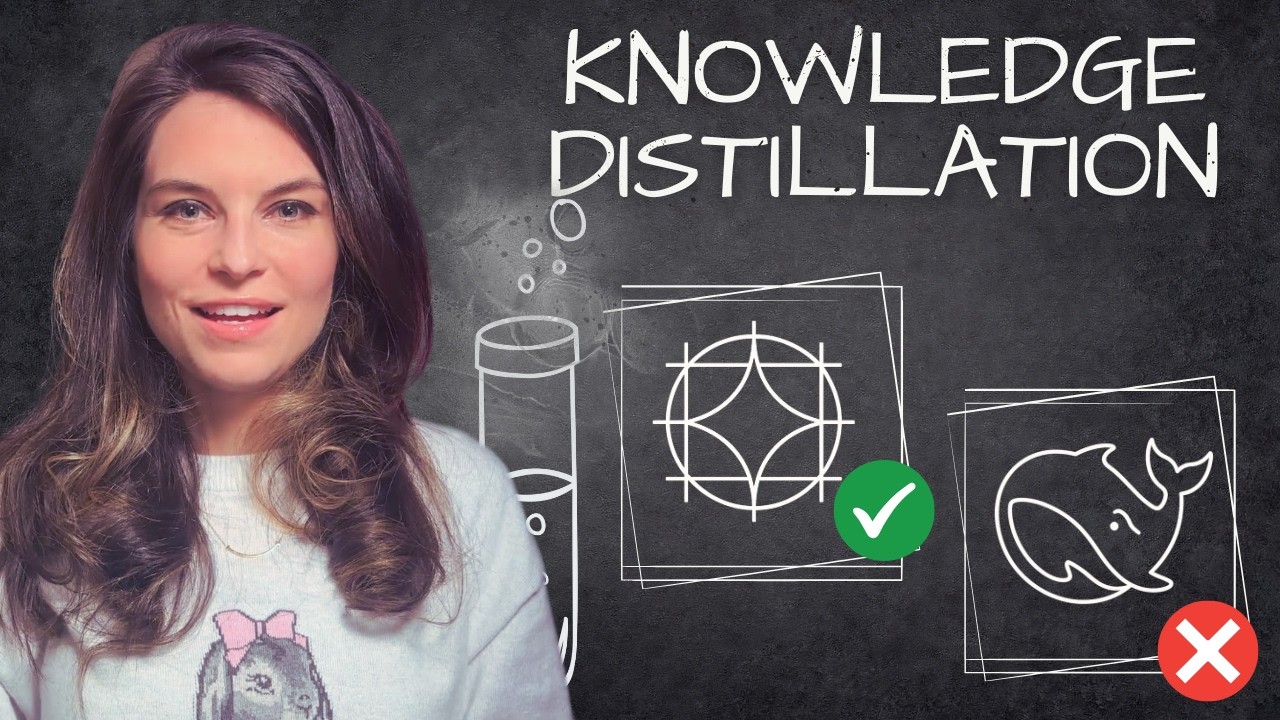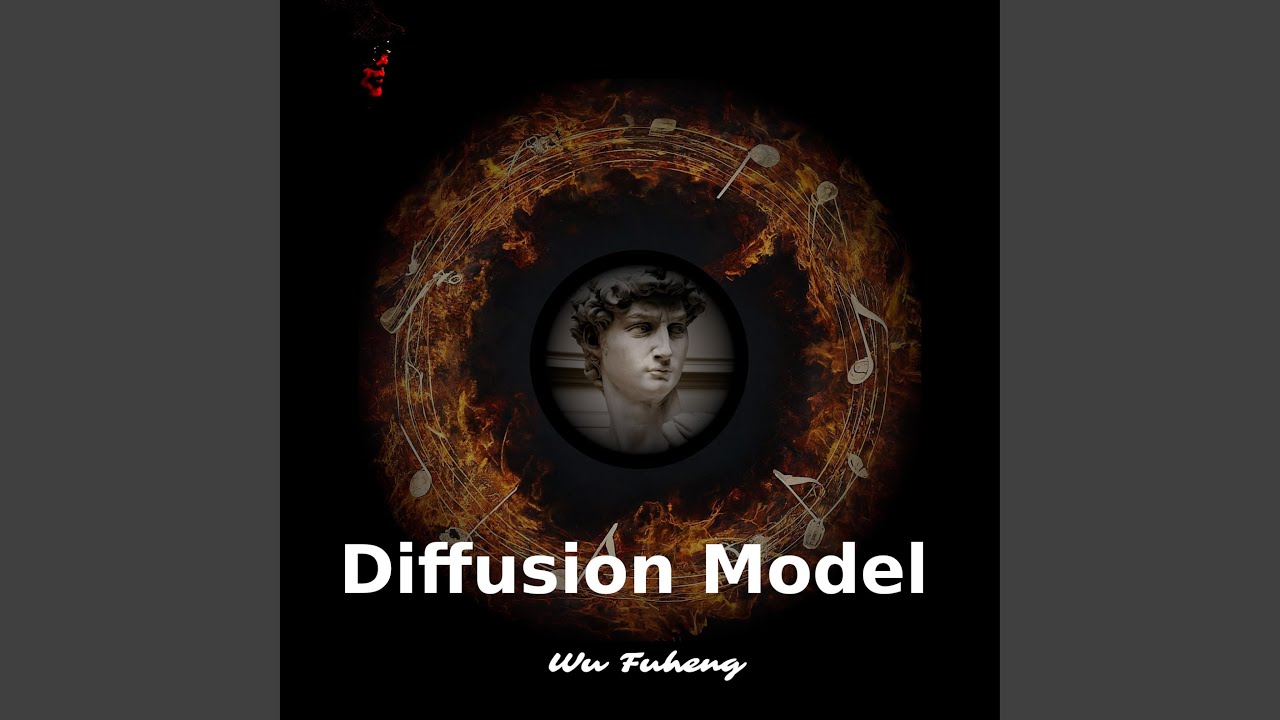
Online Workshop Every Week
Join our free weekly interactive learning sessions.
Master AI/ML with instant feedback and personalized learning
"Cogito, ergo sum" (I think, therefore I am)
— René Descartes

Free Problems
Chapter 04 - Multi-Agent Systems with AutoGen and CrewAI
This problem set covers key concepts from Chapter 4 of "AI Agents in Action" focusing on multi-agent systems using AutoGen and CrewAI. You'll explore agent communication patterns, skill integration, observability, and practical implementation of multi-agent systems for various tasks including code generation and collaborative problem solving.
34 pts
Medium
100
autogen
multi-agent systems
agent communication
+7
Chapter 03 - GPT Assistants Practice Problems
This problem set tests your understanding of GPT assistants from Chapter 3 of "AI Agents in Action". The questions cover key concepts including GPT assistant creation, code interpretation, custom actions, knowledge extension through file uploads, and publishing considerations. Work through these problems to reinforce your understanding of building and deploying AI assistants using the OpenAI GPT platform.
24 pts
Easy
98
gpt assistants
ai capabilities
chatbots
+7
Chapter 02 - LLM Fundamentals and Applications
This problem set covers fundamental concepts about Large Language Models (LLMs) including their architecture, usage, prompt engineering techniques, and practical considerations for deployment. The problems test understanding of generative vs predictive models, OpenAI API usage, LM Studio, prompt engineering strategies, and LLM selection criteria.
27 pts
Medium
100
generative models
predictive models
machine learning
+7
Chapter 01 - AI Agents and Their World
This problem set covers fundamental concepts about AI agents, their components, types, and applications. Based on Chapter 1 of "AI Agents in Action," these questions test your understanding of agent definitions, component systems, and the evolving landscape of AI interfaces. Work through these problems to master the core concepts of AI agents.
16 pts
Medium
104
ai agents
agent definition
ai fundamentals
+7
Chapter 17 - Black-Box Optimization Methods in Reinforcement Learning
This problem set explores black-box optimization methods in reinforcement learning, including Evolution Strategies (ES) and Genetic Algorithms (GA). These methods treat the optimization objective as a black box without assumptions about differentiability or smoothness, making them highly parallelizable and applicable to non-smooth reward functions. The problems cover conceptual understanding, implementation details, and analytical comparisons between different approaches.
44 pts
Medium
98
reinforcement learning
black-box optimization
gradient-based methods
+7
Chapter 18 - Advanced Exploration in Reinforcement Learning
This problem set covers advanced exploration techniques in reinforcement learning, focusing on why traditional methods like ε-greedy can be insufficient and exploring alternative approaches like noisy networks, count-based methods, and prediction-based methods. The problems test understanding of exploration challenges, method implementations, and experimental results from the MountainCar and Atari environments.
54 pts
Hard
95
reinforcement learning
exploration exploitation
sparse rewards
+7
Premium Problems
Knowledge Graphs
USA AI Olympiad
Explore competitive programming and AI contest preparation concepts
Grade 5 Math
Discover elementary mathematics concepts and learning paths
Featured PDFs
View All PDFsSystem Design Interview: An Insider's Guide Volume 2
116 questions
348 pts
System Design Interview: An Insider's Guide
108 questions
317 pts
UNICALLI: A UNIFIED DIFFUSION FRAMEWORK FOR COLUMN-LEVEL GENERATION AND RECOGNITION OF CHINESE CALLIGRAPHY
10 questions
38 pts
The Principles of Deep Learning Theory
107 questions
418 pts
Featured Books
View All BooksAcing the System Design Interview
153 questions
456 pts
Numerical Python: Scientific Computing and Data Science Applications with Numpy, SciPy and Matplotlib
190 questions
543 pts
Hands-On Machine Learning with Scikit-Learn and PyTorch
200 questions
554 pts
Deep Reinforcement Learning Hands-On - Third Edition
222 questions
720 pts
Featured Videos
View All VideosFlow-Matching vs Diffusion Models explained side by side
10 questions
29 pts
Attention in transformers, step-by-step | Deep Learning Chapter 6
10 questions
30 pts
Knowledge Distillation: How LLMs train each other
10 questions
27 pts
Diffusion Model
10 questions
32 pts
Popular Topics
machine learning
56
deep learning
40
neural networks
35
reinforcement learning
33
system-design
28
grade5
27
optimization
14
large language models
13
attention mechanisms
13
combinatorics
13
system-architecture
13
natural language processing
12
aime problems
12
Number Sense
12
scalability
11
beginner
10
number theory
10
performance
10
transformers
9
capacity-planning
9
Click on any tag to filter problems by that topic
